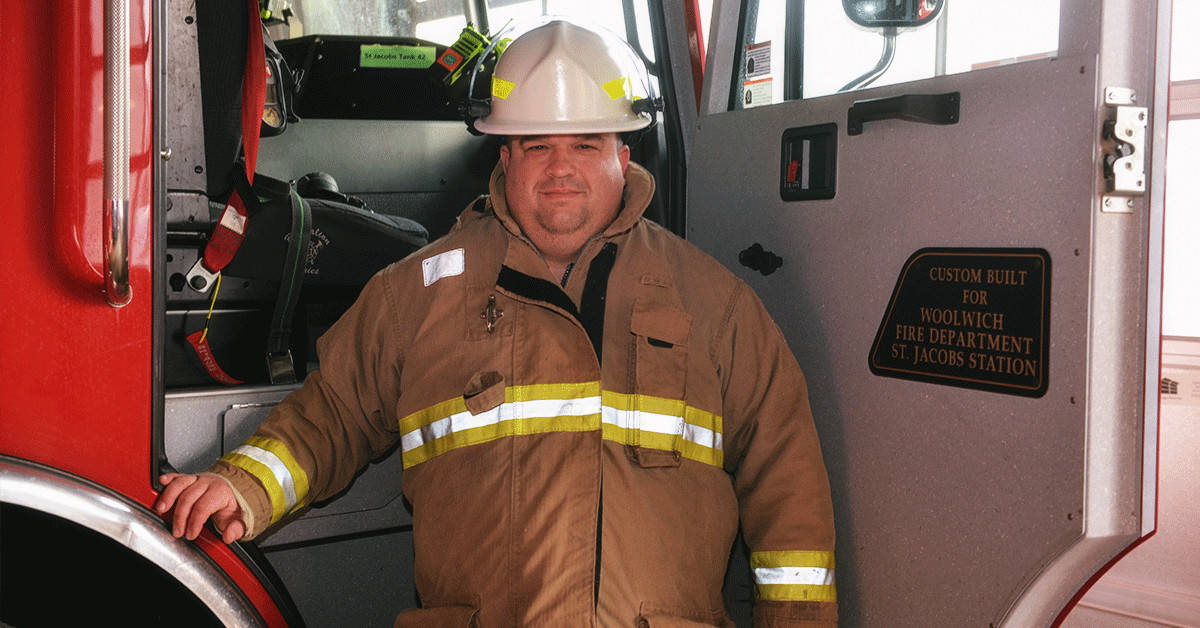With reports of infants being hit with the rapidly spreading Omicron variant, public health officials are advising pregnant women to get vaccinated a first, second or third time as applicable.
The number of active cases was 6,500 at midweek, up dramatically from 3,800 a week earlier.
“If you are pregnant, it is important that you get vaccinated for the protection of your baby and yourself. With the rise of Omicron, hospitals are starting to see admissions of infants with COVID-19. Infants are at greater risk because of their immature immune systems. Maternal antibodies can provide protection for the first six months of the baby’s life, this is why starting today those who are pregnant will be accepted as walk-ins to receive their first, second or third doses of the vaccine. I urge pregnant individuals to get vaccinated, not only to protect yourselves but also your babies,” said medical officer of health Dr. Hsiu-Li Wang at the region’s weekly pandemic briefing January 7.
“We are now opening up walk-ins for those that are pregnant, and we urge all those who are pregnant to get vaccinated with their first, second or third dose,” added David Aoki, region’s director of infectious diseases and chief nursing officer.
Public health officials are monitoring outbreaks at 60 locations, half at long-term care homes and about 10 per cent at hospitals.
“Were starting to see more infections with infants and we know that infants tend to be a very vulnerable group because they don’t have mature immune systems. We also know that vaccines can help protect those infants through the antibodies that are transferred from the mother to the infant. The children’s hospital in Ottawa recently put out a news releases indicating they have started to see a concerning trend in infants being hospitalized and these were associated in their data with mothers who were unvaccinated. So, we already know through previous waves, for pregnant individuals themselves COVID-19 is higher risk for them, they tend to have more complications. The best way to protect themselves and their babies is to get vaccinated,” said Wang.
By midweek, 86.9 per cent of eligible residents in the region – those age 5 and older – had received at least one dose of vaccine, while 81 per cent had been double-dosed. The region is aiming for at least 90 per cent participation.
“Both Ontario and Waterloo Region are on the ascending curve of the Omicron wave, and we can expect the highest levels of spread of COVID-19 that we’ve ever seen. No matter what your first and second doses were a third dose of either Moderna or Pfizer will increase your protection from the virus. Emerging evidence indicates that Moderna produces somewhat higher antibody levels compared to Pfizer and its protection may be more durable compared to Pfizer’s. Please do not reject Moderna to wait for Pfizer. Even if you’ve already had COVID-19 the vaccine offers extra protection, and you should get it,” said Wang.
As Omicron continues to spread in the community, residents are being asked to continue to follow public health measures such as wearing a mask, getting vaccinated, proper ventilation in indoor spaces, physically distancing and limiting social contacts.
As with the region, the number of cases is spiking upward in Wellington-Dufferin-Guelph, albeit slightly, with 1,990 active cases at midweek 71. There have been 132 fatalities associated with the virus.
Public health there reports 88.4 per cent of eligible residents has received at least one dose of vaccine, with 82.8 per cent fully inoculated.
The province continues to see growth in the total number of cases, with the tally now at 897,000, of which 747,000 have been resolved (83.5 per cent). There have been 10,400 deaths since the pandemic began, representing a mortality rate of 1.2 per cent.
Some 3,200 people are currently hospitalized in Ontario, 477 in ICU.
The latest numbers from Health Canada show 405,000 active cases nationwide. The cumulative total of confirmed cases now stands at 2,596,000, with 30,862 related deaths, a mortality rate of 1.2 per cent. Nationally, 82.6 per cent of eligible Canadians have received at least one dose of vaccine, with 76.8 per cent fully vaccinated.









